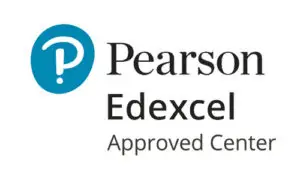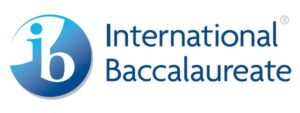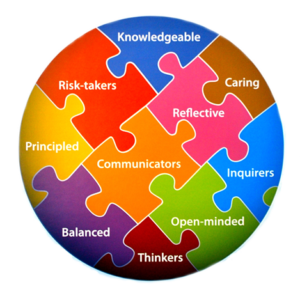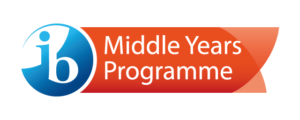

What is the The International Baccalaureate?
IB is a global leader in international education- developing inquiring, knowledgeable, confident and caring young people. The program encourages both personal and academic achievement, challenging students to excel in their studies and take their learning beyond academic studies, being active in their communities. Founded in 1968, the International Baccalaureate® (IB) is a non-profit educational foundation offering highly respected programs of international education that develop the intellectual, personal, emotional and social skills needed to live, learn and work in a rapidly globalizing world.
 Each of the IB’s programs is committed to the development of students according to the IB Learner Profile.
Each of the IB’s programs is committed to the development of students according to the IB Learner Profile.

What is the IB Middle Years Program?
The MYP is designed for students aged 11 to 16.
It provides a framework of learning which encourages students to become creative, critical and reflective thinkers. The MYP emphasizes intellectual challenge, encouraging students to make connections between their studies in traditional subjects and to the real world. It fosters the development of skills for communication, intercultural understanding and global engagement.
The Curriculum
The MYP is a disciplinary and interdisciplinary curriculum, which consists of eight subject groups. Subject teachers provide a global context for teaching and learning, and develop conceptual understanding within their own discipline and across subject groups.
Students are required to study at least two languages (as part of their multilingual profile and also to develop their intercultural understanding), individuals and societies, sciences, mathematics, arts, physical and health education, and design. These subjects are unified by their focus on skills that help students learn how to learn, and their promotion of service as action.
In Year 10, students will undertake a small group ‘community project’ to explore their right and responsibility to implement service as action in the community. This will help to prepare them for their final year, during which students will undertake an independent ‘personal project’ to summatively demonstrate the development of their skills and understanding to this point.
What are the eight subject areas identified within the MYP?
The MYP is a disciplinary and interdisciplinary curriculum. Subject teachers provide a global context for teaching and learning, and develop conceptual understanding within their own discipline and across subject groups.
The MYP requires at least 50 hours of teaching time for each subject group, in each year of the program. In the final two years of the program, carefully-defined subject group flexibility allows students to meet local requirements and personal learning goals.
Assessment
MYP assessment standards are consistent around the world and are a criterion-related assessment model. Our teachers structure varied continuous assessment tasks so that learners can demonstrate achievement according to the objectives defined by the IB. Tasks are assessed against established criteria, not against the work of other students.
These include:
The recording and reporting of individual levels of achievement are organized in ways that provide students with detailed feedback on their progress as it relates to the assessment criteria for each subject group.